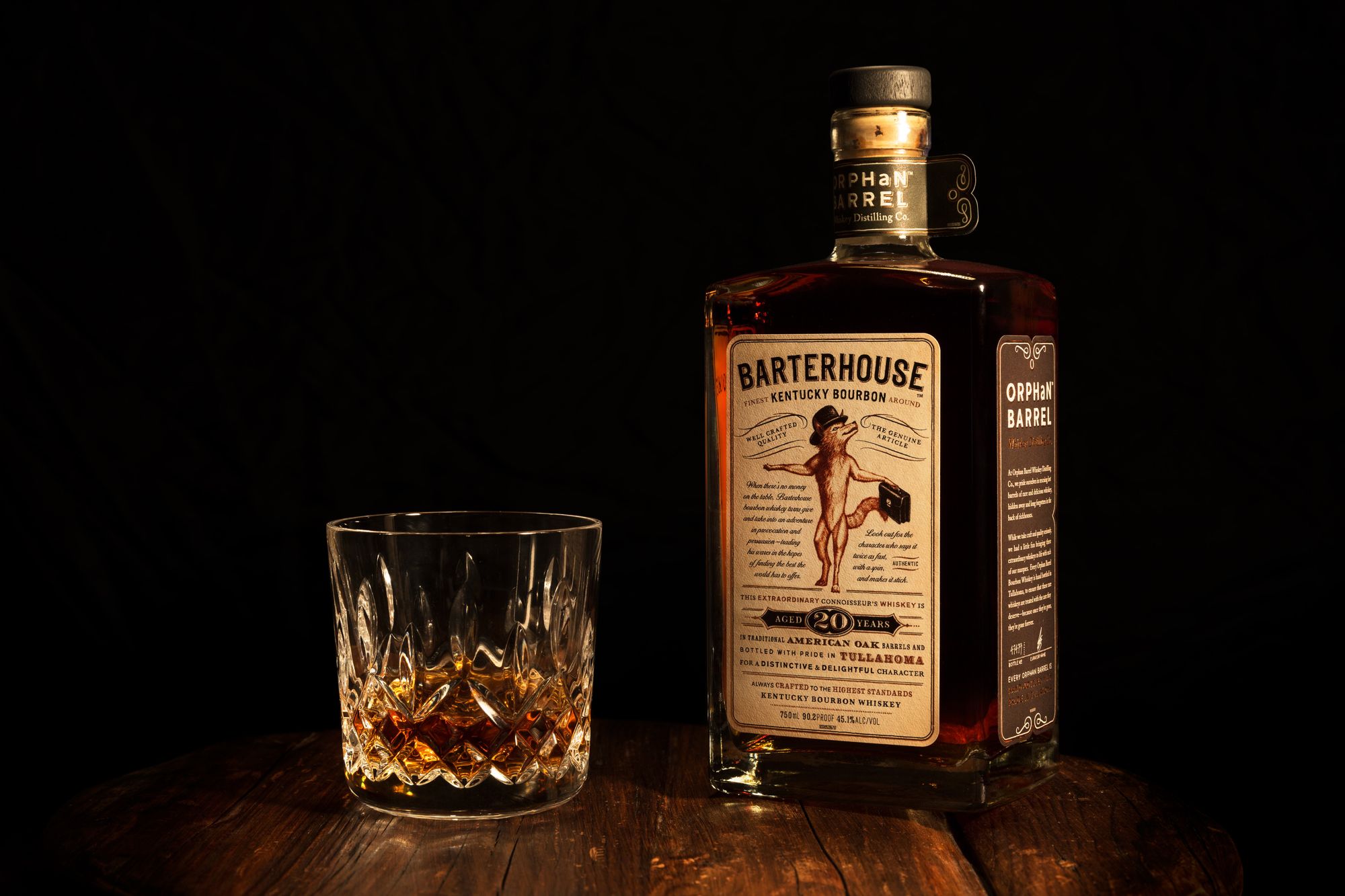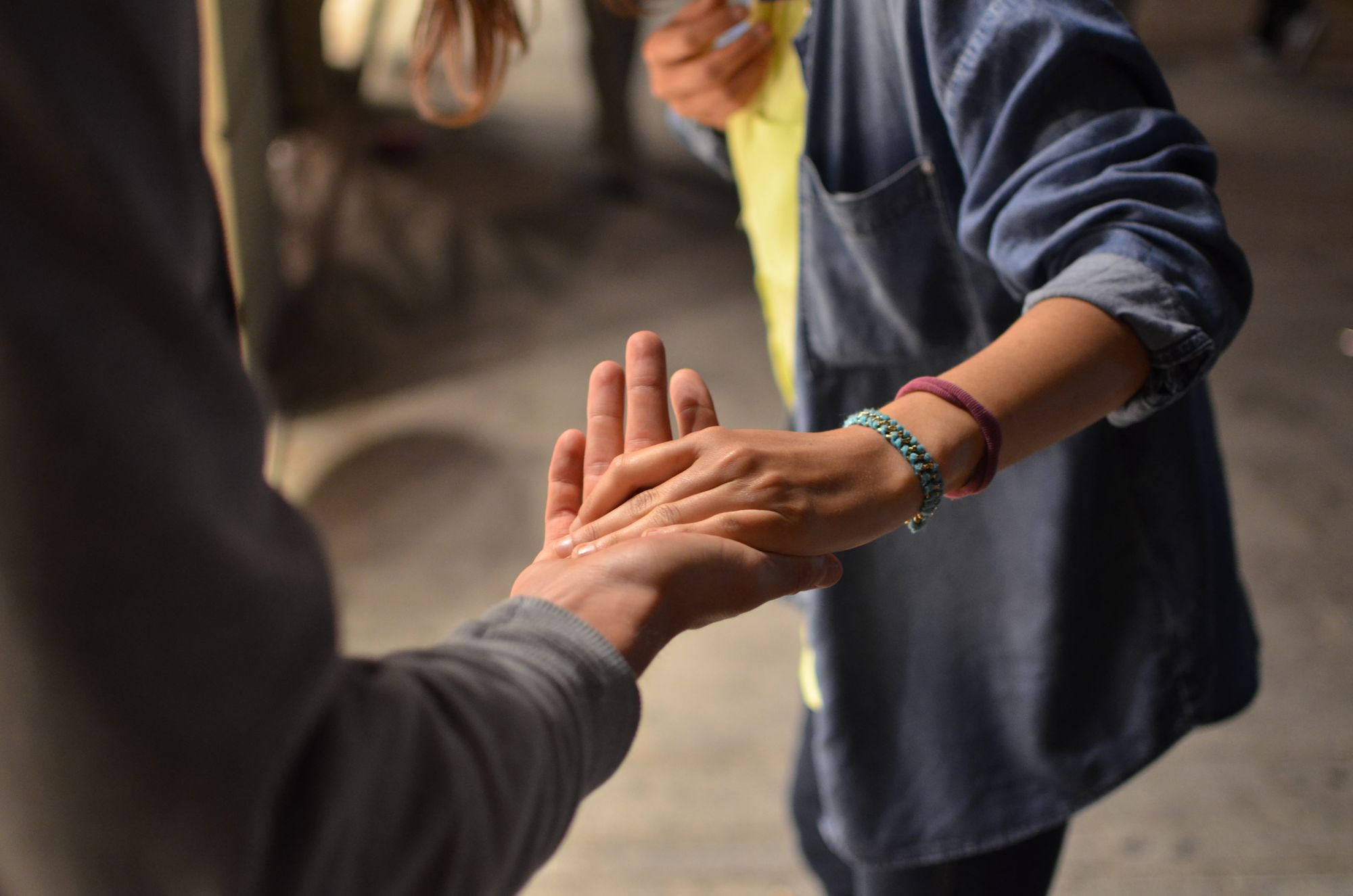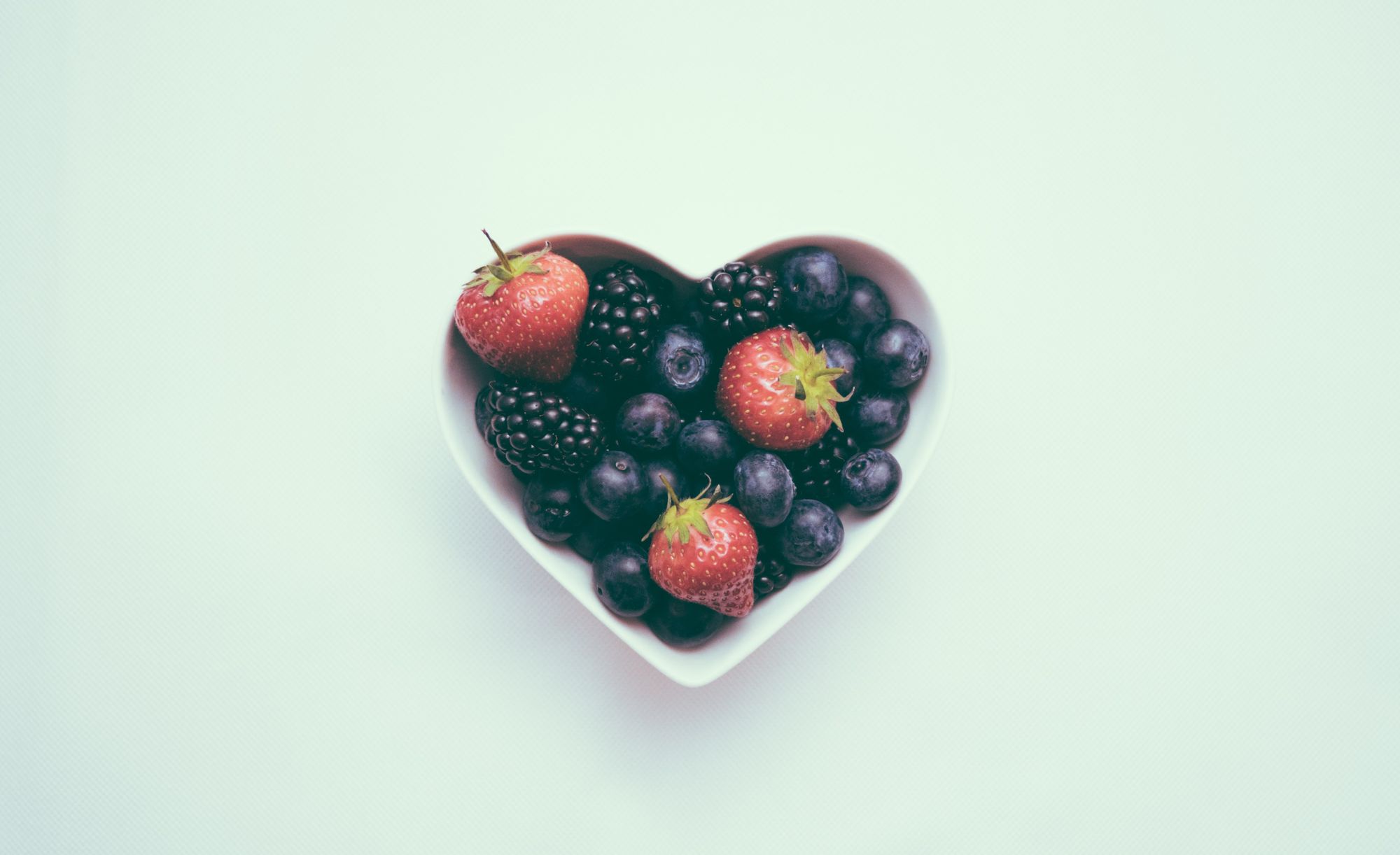What is addiction? Allow me a cliché right off the bat and let me define the term for you…
According to the American Society of Addiction Medicine:
"Addiction is a treatable, chronic medical disease involving complex interactions among brain circuits, genetics, the environment, and an individual’s life experiences. People with addiction use substances or engage in behaviors that become compulsive and often continue despite harmful consequences."
What’s nice and hopeful about their definition is the last part.
“Prevention efforts and treatment approaches for addiction are generally as successful as those for other chronic diseases.”
With addiction being a disease and its treatment firmly in the current purview of healthcare, I wanted to focus on wellness and how our baseline understanding of everyday health will shift with a new conception of addiction.
Landscape
"Almost 21 million Americans have at least one addiction, yet only 10% of them receive treatment."
- Addiction Center.com
"Approximately 10% of any population is addicted to drugs or alcohol. Addiction is more common than diabetes, which occurs in approximately 7% of the population. Addiction crosses all socio-economic boundaries. 10% of teachers, 10% of plumbers, and 10% of CEOs have an addiction."
-Addictions and recovery
These statistics are for drug (both illegal and prescription) and alcohol addiction, however the issue of addiction is far more widespread. There are over two dozen types of 12-step groups which treat various types of substance abuse, gambling, sex & love addiction, overspending, overeating and more. When treating addiction there are long term rehabilitation facilities, group therapy as well as private therapy avenues.

Besides providing services for addiction treatment, healthcare also currently plays a part in diagnosis. When you visit your doctor you answer questions that help your physician determine if you need addiction treatment for smoking, alcohol and drugs.
But what isn’t covered by healthcare is the slate of “low level,” culturally acceptable behaviors and substances which studies have been shown to be addictive. You know the feeling. That habitual reach for the coffee in order to perk up. The fog and uncomfortableness that you can’t quite put a name to, but seems to disappear after that Rice Krispies treat. That feeling is nothing compared to the shaky feeling in the pit of my stomach if i’ve misplaced my iphone. Hi, my name is Kim-Minh and I’m addicted to sugar, caffeine and my smart devices.
Drivers
Biology
Turns out we’re hardwired to respond positively to a number of things.
When a substance or behavior signals the neurochemicals that get you high, happy and satiated our body tells us that we want some more (duh). But more recent studies show we can’t get any more of a high from that same substance/behavior when we engage again, but when we are without that stimulus our central nervous system and our immune system are signaled and we start to feel sick.
Genetics
This pull becomes much stronger when people are genetically predisposed to addiction.
Genetics explains 50 percent of whether an individual will develop an addiction.This is proven with twin studies. When one identical twin is addicted to alcohol, the other twin has a high probability of being addicted. But when one non-identical twin is addicted to alcohol, the other twin does not necessarily have an addiction. Based on the differences between the identical and non-identical twins, studies have shown that 50-60 percent of addiction is due to genetic factors.
- Addictions and Recovery.com
Culture
There is still a stigma surrounding addiction despite aging through the debate on addiction as a disease, watching the tobacco industry be brought to accountability and seeing countless stories of the opioid epidemic on the news. Addicts are seen as not having enough will power, self worth or a correctly functioning moral compass even though science has provided genetic and other biological reasoning behind the phenomenon. If only 10% of addicts seek treatment, how many more haven’t even admitted to themselves and those close to them that they have a problem?

There is new scientific evidence that the opposite of addiction isn’t abstinence, but connection. Apparently soldiers who developed a heroin addiction in Vietnam were studied upon their return. Soldiers who came home to strong family and friend connections had little problem overcoming the addictive behavior, whereas soldiers with no support network had far greater trouble coping with their heroin addiction. Media outlets and a TED talk have surfaced coverage on this phenomenon:
“So it does indeed appear that the opposite of addiction is not sobriety, it’s connection. That said, developing healthy interpersonal connections as a part of recovery and healing is not easy. It takes time, effort, and a willing support network. The good news is that we now know for certain that this type of recovery and social connection is possible — even for the most problematic of addicts.”
-Johann Hari, TED Talk
Mental Health
Mental health conditions like depression and anxiety are widely concurrent with all forms of addiction, but in a classic chicken and egg debate, researchers aren’t sure which comes first. What is clear is that addiction treatment will need to include psychotherapy or other mental health care at all levels.
“Studies have found, for example, that depression quadruples the risk of relapse in alcoholics in the first year of recovery, and an 11-year study of heroin addicts found that mood disorders adversely affected every outcome in both the short and long term.”
-Psychology Today
Future of Addiction Conception Predictions
Of course there will be more addiction therapies and technology will play a greater role in those therapies. But the future of how we think about addiction will be expanding our acceptance of addiction as well as increasing the number of behaviors and substances that we chart as addictive. This of course will lead to more people seeking treatment for a wider set of addictions with a growing variety treatment tools.
Greater Understanding, Wider Definition and More Types of Treatment
As addiction science evolves, people will have a better understanding of the neurology, chemistry and genetics involved. Reduced stigma will follow. People will start to understand addictive behaviors in more areas of their own life. Do you have the person in your life who is addicted to drama? Is it you? Addiction to chemicals released in certain relationship and emotional dynamics will start to come into common understanding.
There are already tools to help you become more aware of your screen time and smart device use because people understand their wellness is hampered by a technology, content and communication addiction. There will be greater social stigma about device use in the future and more cognitive behavioral programs and commercial devices to help snap us out of our marathon you tube sessions and perpetual instagram checking habits.
There will be more understanding and of the way specific food ingredients/additives and eating behaviors are addictive and problematic. People will want to counter these effects for reasons of health and vanity. As more medical treatments emerge for addiction (a vaccine for the effects of cocaine, substitute pharmacological treatments [like methadone for heroin addicts]) a market will emerge for medical interventions to hijack the own brain into not craving sugar, or a pill that will make you sick if certain substances/food types are eaten.
Healthcare Opportunities
So what part does healthcare need to play in addiction diagnosis and treatment in the future?
Healthcare Networks/Providers
Mental health access and programs will be key for all types of addiction treatment. Telehealth for private and group therapy will be a major part of this. Providing digital tools that aid in cognitive behavioral therapy, reward based systems, or provide various education models (TES, Therapeutic Education systems) for various addiction types can be a good service differentiator for any network. In addition to creating more group therapy programs, new social connection programs and family support can help strengthen other forms of addiction treatment.

For many chronic diseases lifestyle changes are prescribed (diabetes, heart disease, obesity). People trying to make diet-based changes can be helped by digital platforms that educate and provide programs for people trying break eating or sugar addiction habits (of course in addition to nutrition and food tracking tools).
Digital diagnostic tools can help people researching their own addiction behaviors and put them on a clearer track to recovery. These tools can pair their addiction types with any appropriate medical addiction treatments within your network (which can be everything from prescription medicines, vaccines and various types of psychotherapy).
Health Insurance
Most addictive behaviors can be deleterious to one’s health. Even if you have a behavioral addition like gambling or over-debting, the stress, the sleeplessness, the breakdown of your relationships aren’t going to do any positive things for your health. This is even true in the case of technology addiction. When our phones are glued to our hands, we become less present parents and spouses. Kids with technology addicted parents are also more likely to be exposed to excess screen time which hurts mental and emotional development.
It is in Health Insurance’s best interests if any one in their covered population who has an addiction can recognize it and seek appropriate treatment as quickly as possible.
It will be incumbent upon health insurance to provide screening and education, as well as stigma-reducing education programs for the families and affected loved ones. Platforms that normalize treatment, provide easy diagnostic tools, and give access to live and digital therapy are all opportunities for health insurance to mitigate risk and increase better outcomes.
Medical Devices and Technology
Create devices and platforms that can pick up and trace types of neurological function as well as synthesize its meaning for a lay person. Imagine being able to understand the neurochemical balance going on in relation to certain behaviors or being able to watch your brain in a bio-feedback loop
Create wearable devices and platforms to aid in cognitive behavioral therapy. It would be helpful to have small, discreet objects you can interact with in specific ways when you recognize yourself having an urge. This would be good paired with a platform where you can recognize and track certain situational patterns or triggers.
Develop apps and platforms meant to deliver specific types of therapies for specific addictions. Whether they are meant to be used in conjunction with a human therapist or not, it would be helpful to track progress and identify feelings and behavior one gets not generally, but with specific addiction types (i.e. sex and love addiction gets specific tools and examples which are different than specific support needs for shopping addiction).
Create platforms that help addicts foster deep connections where they can build deep personal relationships or strengthen those they already have.
While you’re at it, there’s an opportunity to create devices and platforms that can not only identify ingredients in food but identify their addictive potential. Creating data and tracking your intake of these addictive substances would be helpful as well.
Thanks for reading. For more related topics, please check Lux for all of our Future of Wellness for Healthcare articles.
By Kim-Minh Huberwald
Director of Strategy, Propane Agency
Propane, Digital Agency - San Francisco
San Francisco, CA - 94110
415 550 8692